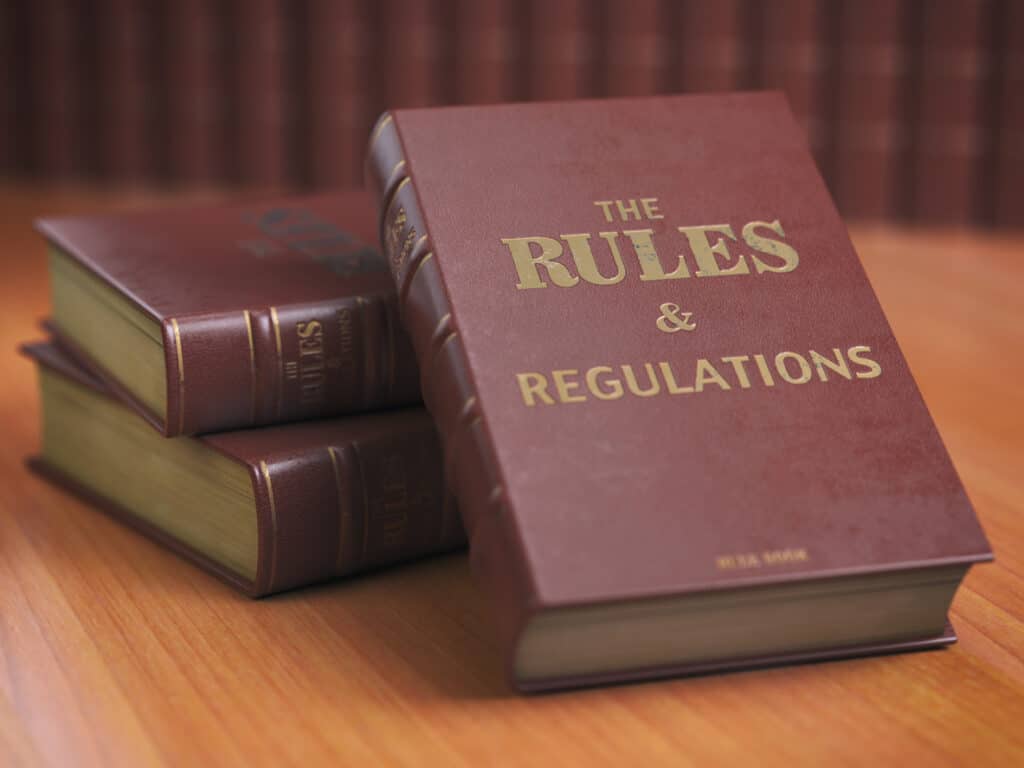 Condominium owners who believe that their association is unfairly enforcing a rule or restriction against them may be able to claim “selective enforcement” as a defense. Under Florida Law, condominium restrictions or limitations cannot be enforced in a selective or arbitrary manner. In other words, a condo association or HOA cannot enforce a rule against only one homeowner or small group of homeowners, while not enforcing the same rule against the entire condo community. As experienced Florida condo attorneys, we have assisted many condo owners in disputes with their associations over whether a restriction or rule is being selectively enforced. And we never represent the associations or their boards so we always know who we are fighting for.
Condominium owners who believe that their association is unfairly enforcing a rule or restriction against them may be able to claim “selective enforcement” as a defense. Under Florida Law, condominium restrictions or limitations cannot be enforced in a selective or arbitrary manner. In other words, a condo association or HOA cannot enforce a rule against only one homeowner or small group of homeowners, while not enforcing the same rule against the entire condo community. As experienced Florida condo attorneys, we have assisted many condo owners in disputes with their associations over whether a restriction or rule is being selectively enforced. And we never represent the associations or their boards so we always know who we are fighting for.
Florida Law on Selective Enforcement
In one of the key cases on selective enforcement in Florida, White Egret Condominium, Inc. v. Franklin, the Supreme Court held that condominium restrictions or limitations do not inherently violate fundamental rights and may be enforced if they serve a legitimate purpose and are reasonably applied. The case involved an age restriction against children under the age of 12. The Court stated that age limitations or restrictions are reasonable means to accomplish the lawful purpose of providing appropriate facilities for the differing housing needs and desires of the varying age groups. However, age restrictions cannot be used to unreasonably or arbitrarily restrict certain classes of individuals from obtaining desirable housing. The Court held that the association had selectively and arbitrarily enforced the restriction against an owner with children under 12 because at the time of his purchase at least six other children under the age of 12 were already living in the condominium complex.
By way of example, selective enforcement has been found in the following cases:
- A condo association allowed cats but not dogs despite its prohibition against pets other than fish or birds;
- An association failed to notify a long-time tenant with a dog that the association planned to start enforcing its no pets policy prospectively and that the dog needed to be registered before the policy changed;
- An association enforced its rule prohibiting boats against the owners of boats parked in open parking spaces but declined to enforce it against owners parking their boats in enclosed garages; and
- Board’s enforcement of a truck prohibiting rule during the night but not during the day constituted selective enforcement against those unit owners seeking to park their trucks on the property during the night.
Condominium Association Disputes Must Go Through Arbitration First
Florida law provides that most condo disputes are required to go to arbitration before the Department of Business and Professional Regulation. The outcome of the arbitration is non-binding, meaning that either side can bring a lawsuit in court if unsatisfied with the arbitrator’s ruling. Florida’s Administrative Code sets forth certain mandatory rules of procedure for non-binding arbitration. Importantly, when claiming a defense of selective enforcement, the owner must:
- Set forth all examples of selective enforcement upon which [the owner] depends;
- Indicate the unit(s) to which each example pertains;
- Identify the unit owner(s), how long the violation has existed; and
- Indicate whether the board knew of the existence of the violation.
If selective enforcement is demonstrated, the association is prevented — or “estopped” — from applying the rule or regulation at issue. That said, a condo owner’s burden of proof on a selective enforcement defense is high. When trying to show selective enforcement an owner must provide an “apples to apples” comparison. In other words, if you want to claim that, for example, a restriction on pickup trucks is being selectively enforced against you, you must show that others are being allowed to park pickup trucks. You cannot base your argument on the selective enforcement of a different restriction; this would be an “apples to oranges” comparison that will be rejected by the arbitrator or court.
Having an experienced Florida condo attorney in your corner is critical to your success with a selective enforcement defense. Condo Associations and HOAs in Florida retain large law firms with the money you pay as Association Dues. These law firms are not there to advise and protect owners, but represent the interests of the Association.
How a Florida Condo Attorney Can Help
If you think you are the victim of selective enforcement by your condo association, we welcome you to contact us at (954) 966-3909. We serve the legal needs of individual condominium owners, home owners and cooperative owners in resolving disputes with their associations throughout Florida, including Broward, Dade and Palm Beach Counties, as well as Hollywood, Davie, Pembroke Pines, Hallandale, Sunny Isles, Aventura, Miami, North Miami, Brickell, Boca Raton, West Palm Beach, and Naples. We do not represent associations.
Please note that free case evaluation is by telephone and does not include legal advice. Office consults with legal advice are available on a flat fee basis.
